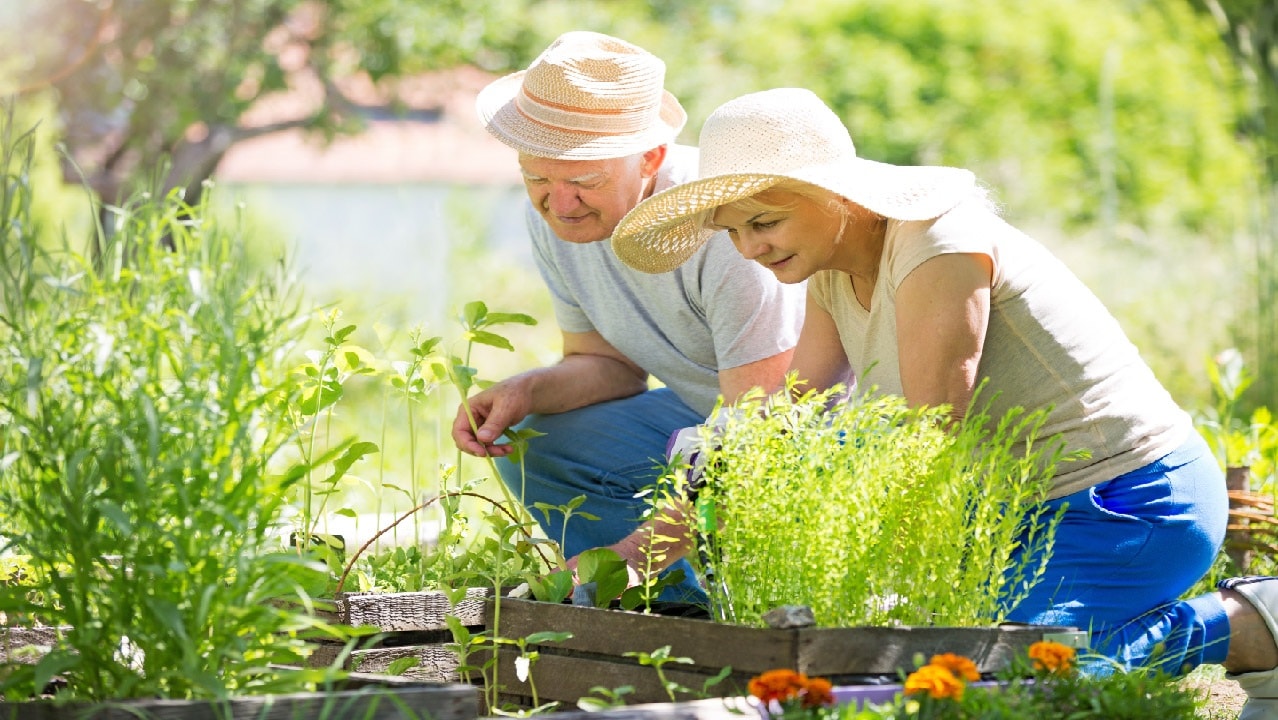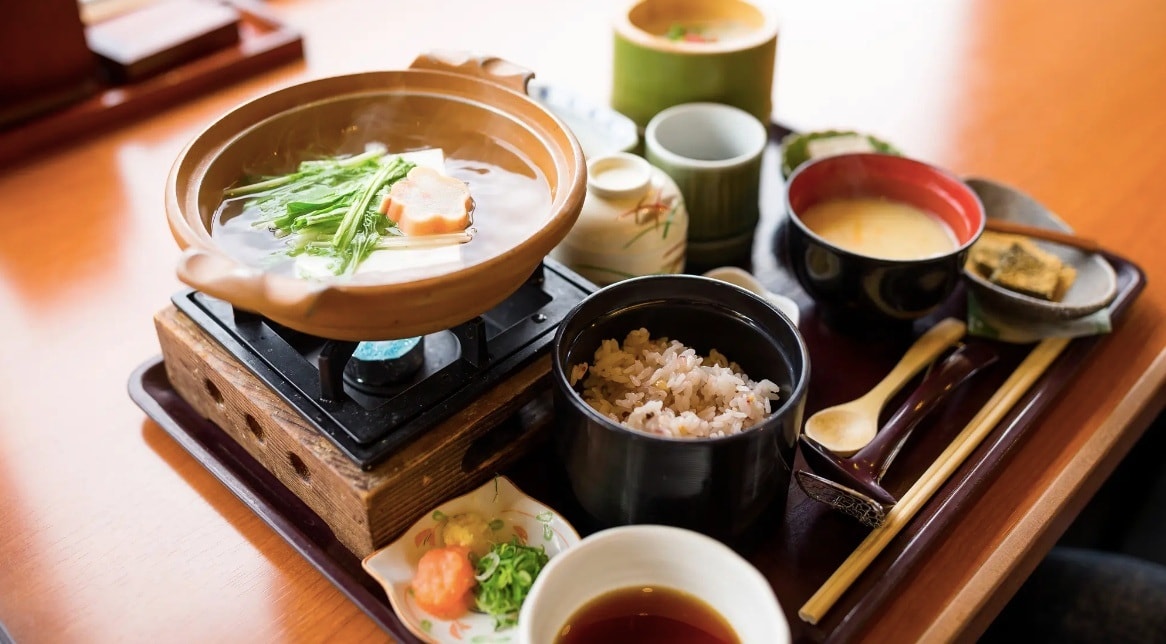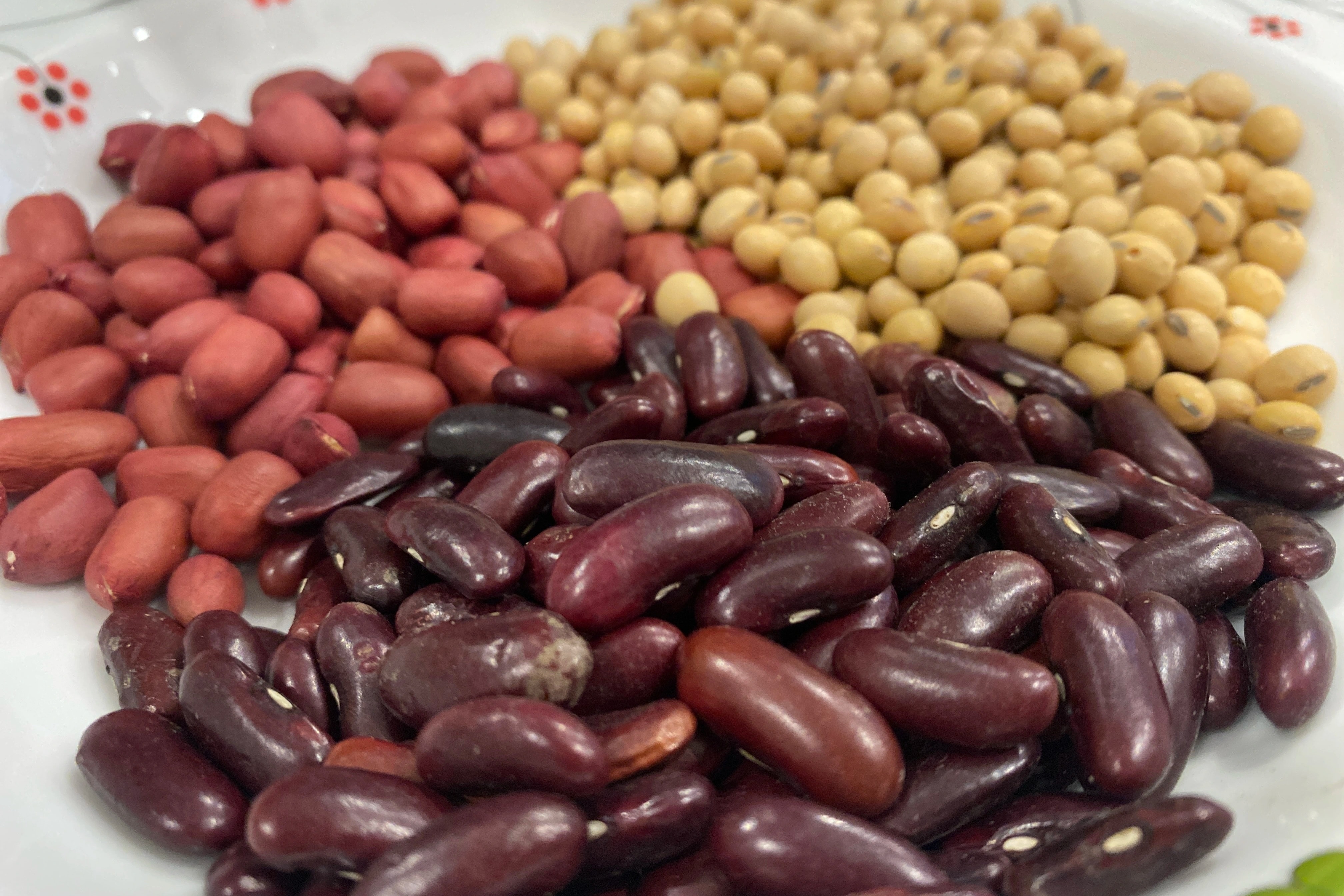To increase your lifespan by 10-12 years, try applying the following 9 things.
The average life expectancy of a person can be increased by 10-12 years by adopting the lifestyle of blue zone residents.
According toBlue Zones, the average life expectancy of an American today is 78.2 years. But more and more Americans are turning 100.
To find out the secret to longevity, longevity researcher Dan Buettner and his colleagues teamed up with National Geographic to find the world's longest-lived people and study them. Most of the answers lie in their lifestyle and environment (genetics only accounts for about 20%).
The researchers then worked with a team of demographers to find out which groups of people around the world have the longest life expectancies, or where the highest proportion of people live to 100.
Accordingly, there are 5 zones, also known as green zones, that meet these criteria including:
- The Barbagia region of Sardinia, home to some of the world's longest-living men.
- Ikaria, Greece, has the lowest middle-aged mortality rate and dementia rate in the world.
- The Nicoya Peninsula, Costa Rica, has the world's lowest middle-aged mortality rate, and is home to the second highest concentration of long-lived men.
- Seventh-day Adventists (whose largest concentration is around Loma Linda, California, USA) live 10 years longer than their North American counterparts.
- Okinawa, Japan, women over 70 are the longest-living population in the world.
Researchers found the following nine commonalities among these five blue zones:
Natural movement

Gardening can help improve quality of life and increase longevity. Photo: Stock.adobe
The world’s longest-lived people don’t lift weights, run marathons, or go to the gym. Instead, they live in environments that constantly push them to move without thinking. They garden and don’t have modern machinery to do housework and yard work.
Live with purpose
Okinawans call itIkigaiand the Nicoyans call itplan de vida, both mean "the reason I get up in the morning." Knowing your life purpose is worth the equivalent of 7 years of life.
Relieve stress
Even people in the blue zones are stressed. Stress leads to chronic inflammation, which is linked to all sorts of age-related diseases. The world’s longest-lived people have habits that we don’t have to deal with stress.
Okinawans take a few minutes each day to remember their ancestors, Seventh-day Adventists pray, Ikarians take a nap, and Sardinians spend time doing things that make them happy.
The 80% Rule

Experts recommend that you should only eat about 80%. Illustration: Blue Zone
"Hara hachi bu" - a 2,500-year-old mantra Okinawans say before meals - reminds them to stop eating when their stomachs are 80% full. That 20% gap between not feeling hungry and feeling full can mean the difference between losing weight or gaining it.
People in blue zones eat their smallest meal in the late afternoon or early evening and then they don't eat any more meals for the rest of the day.
Plant-based diet

Beans are an important part of the diet of green zone residents. Illustration photo: NP
Legumes, including fava beans, black beans, soybeans and lentils, form the basis of most centenarian diets. Meat – mainly pork – is eaten only five times a month on average. Portions are 100-150g, about the size of a deck of cards.
Wine
People in all blue zones (except Seventh-day Adventists) drink alcohol moderately and regularly. Moderate drinkers live longer than nondrinkers.
The trick is to have 1-2 glasses a day (preferably Cannonau Sardinian wine), with friends and/or with food. And you can't have all 14 glasses in one day.
Beliefs
All but five of the 263 centenarians interviewed belonged to some form of religious community. The study found that attending religious services or going to a temple four times a month added 4-14 years to life expectancy.
Loved ones are above all
Successful centenarians in the Blue Zones put family first. This means they live near their parents and grandparents. They commit to a partner (which can add 3 years to their life expectancy) and invest time and love in their children.
Join a healthy community
The world's longest-living people chose or were born into social circles that supported healthy behavior. Okinawans created "moais," groups of five friends who pledged to each other for life.
Research from the Framingham Study shows that smoking, obesity, happiness, and even loneliness are contagious. So the social networks of long-lived people have positively shaped their health behaviors.
To reach 100, you may need genetics. But most of us are capable of living to 90 with virtually no chronic disease. As Seventh-day Adventists have demonstrated, the average person can add 10-12 years to their life expectancy by adopting the Blue Zone lifestyle./.





